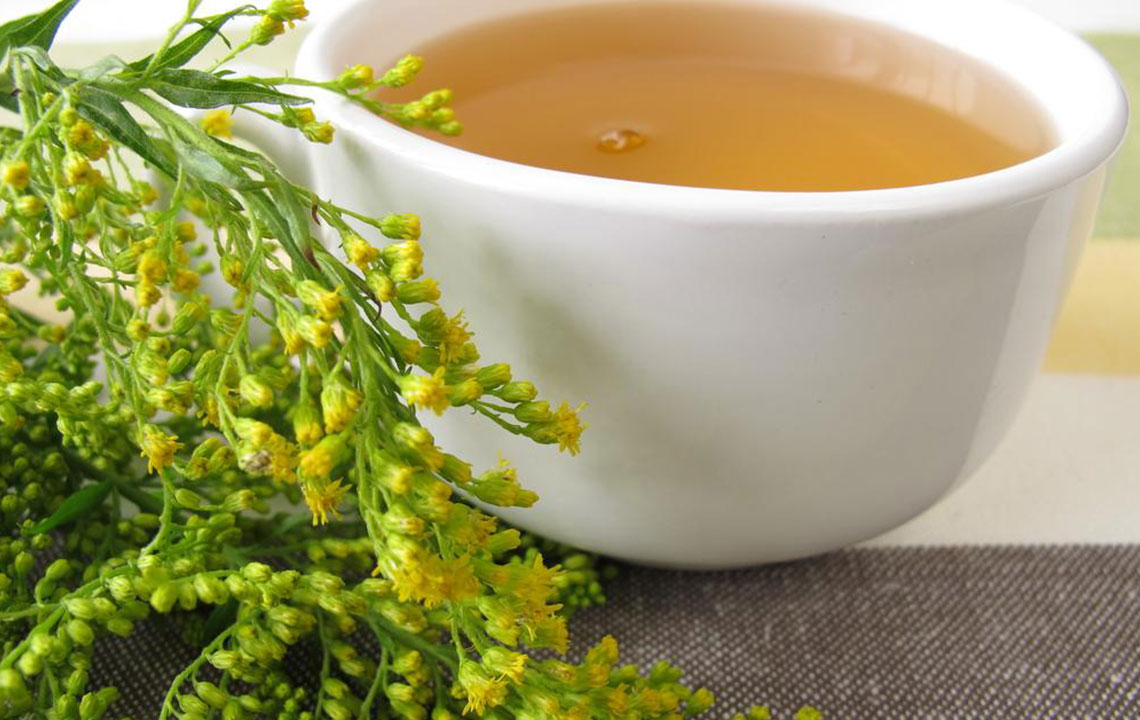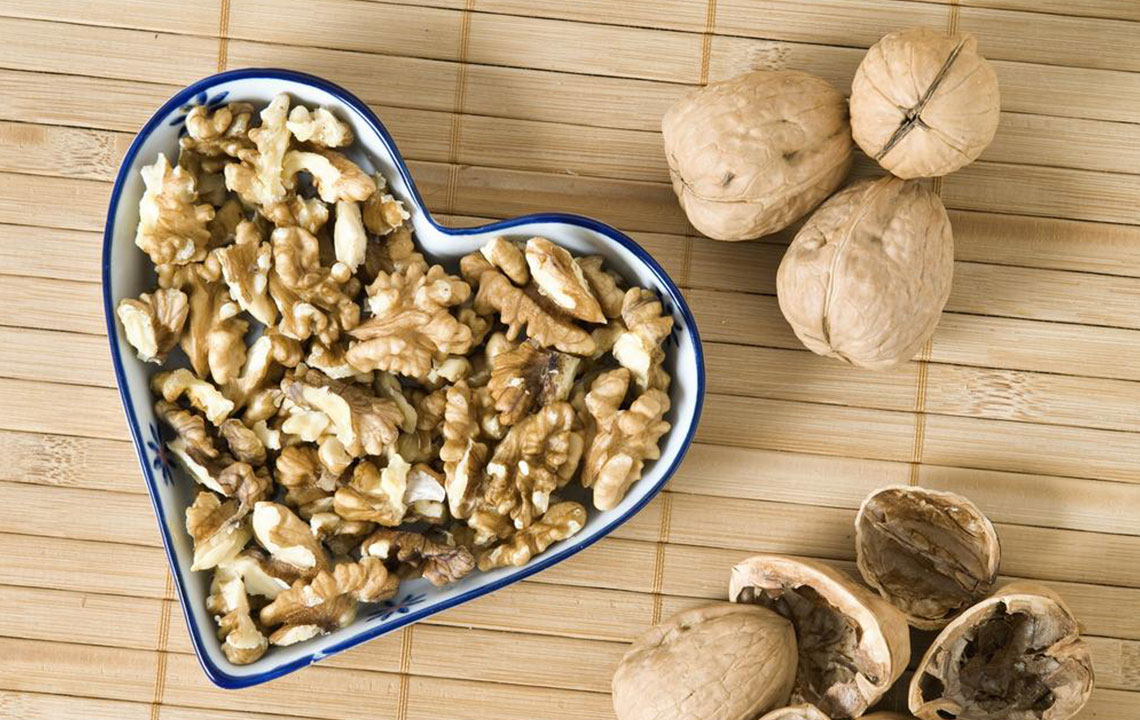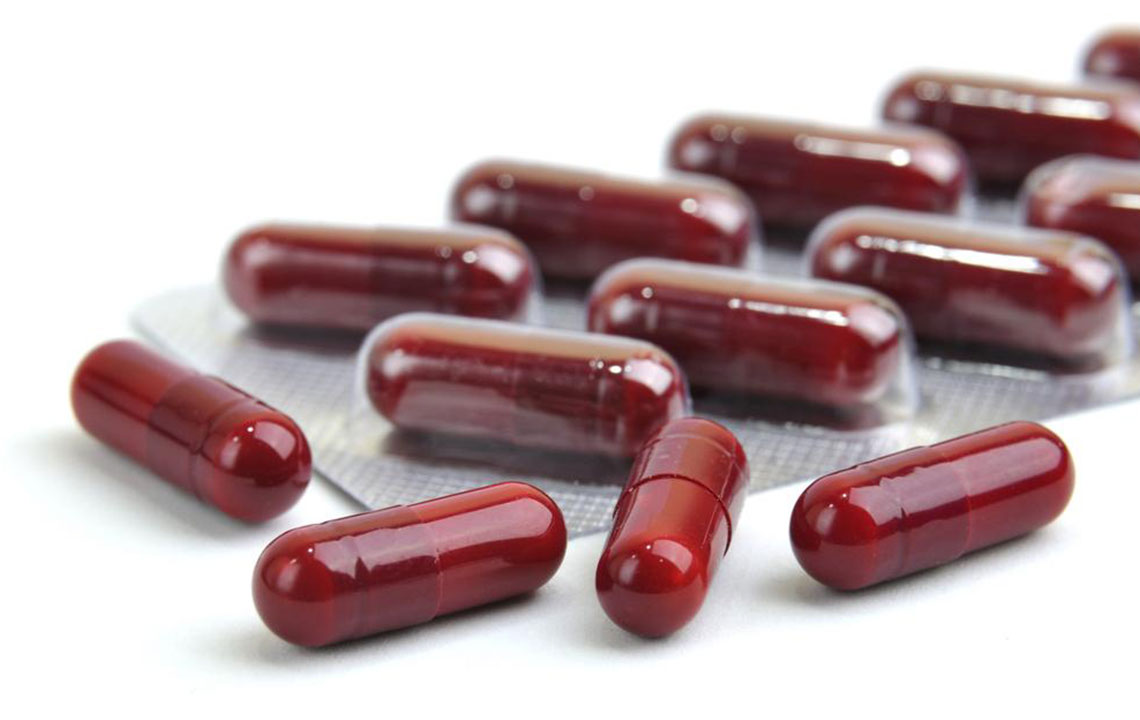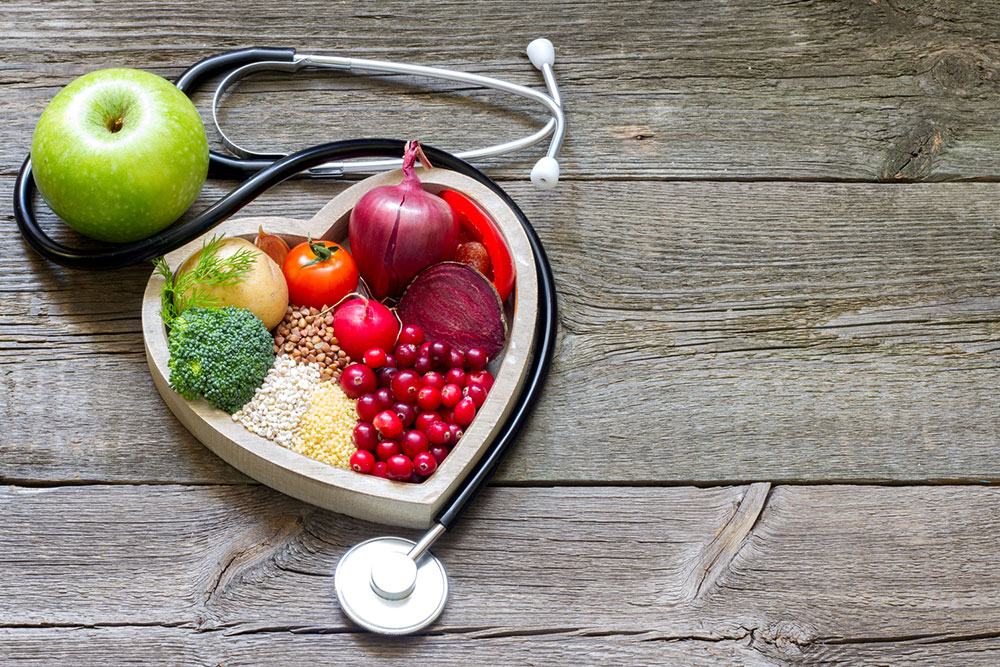Natural Strategies to Manage Elevated Cholesterol Levels
Discover effective natural remedies to lower high cholesterol levels. From herbs like astragalus and hawthorn to dietary choices such as flaxseed and fatty fish, learn how these options can support your heart health. Understand the role of garlic, red yeast rice, and plant sterols in cholesterol management and the importance of medical consultation for safe treatment. Incorporate these natural strategies into your lifestyle to promote cardiovascular wellness and prevent heart-related issues.
Sponsored
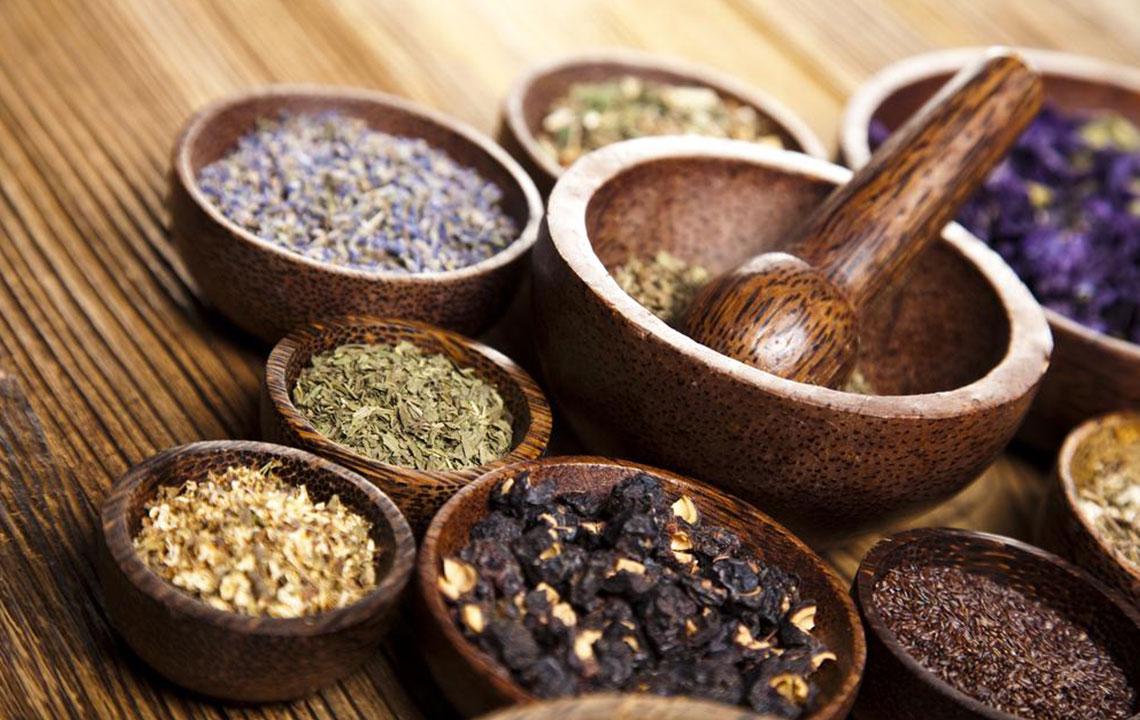
Natural Ways to Control High Cholesterol Levels
Managing high cholesterol can be effectively achieved through natural, herbal, or home remedies, especially if detected early. Scientific research supports the effectiveness of certain herbal treatments for lowering cholesterol, although they are not proven to treat heart failure. Many individuals have experienced positive results using alternative approaches, prompting a shift to herbal-based strategies for cholesterol management.
Here are some herbal and natural options you can incorporate into your lifestyle and diet to assist in lowering cholesterol:
Astragalus
Traditionally used in Chinese medicine to boost immunity, Astragalus possesses anti-inflammatory and antibacterial properties. As an adaptogen, it helps protect the body against various health issues, including potential benefits for heart health, making it a valuable natural option for managing cholesterol levels.
Hawthorn
A member of the rose family, Hawthorn's leaves, berries, and flowers have been used since Roman times for heart conditions. Research suggests it may aid in mild heart failure treatment, though its effectiveness for high cholesterol remains unproven.
Flaxseed
Derived from the flax plant, flaxseed and its oil are rich in alpha-linolenic acid (ALA), a potent omega-3 fatty acid. Studies indicate flaxseed can help reduce cholesterol, particularly in individuals with high levels and postmenopausal women.
Fatty Fish Rich in Omega-3s
Fish such as salmon, tuna, sardines, and herring contain omega-3 fatty acids that significantly reduce heart disease risk. Regular consumption of fatty fish, or omega-3 supplements, can support heart health and manage cholesterol. Other sources include walnuts, soybeans, and canola oil.
Garlic
Used historically as both food and medicine, garlic can be consumed raw, cooked, or in supplement form. It’s known to lower blood pressure, reduce cholesterol, and slow atherosclerosis progression. Consistent intake over three months can lead to noticeable improvements.
Red Yeast Rice
A traditional Chinese remedy made by fermenting yeast with red rice, some products contain monacolin K, identical to the pharmaceutical lovastatin, aiding in cholesterol reduction. Production variability and potential contaminants make it important to choose products carefully and consult a healthcare professional before use.
Plant Stanol and Sterol Supplements
Naturally occurring in vegetables, fruits, grains, and nuts, these substances are also added to processed foods like margarine, yogurt, and orange juice. They help block cholesterol absorption in the intestines, lowering LDL (bad) cholesterol levels and reducing heart disease risk.
Conventional medicines like statins, nicotinic acid, ezetimibe, fibrates, and bile acid sequestrants are also options for cholesterol management. Emphasizing a healthy lifestyle, stress reduction, and regular checkups are the best preventative measures. Always consult a healthcare professional before starting any treatment, especially if symptoms or risk factors are present or as part of routine health monitoring.



